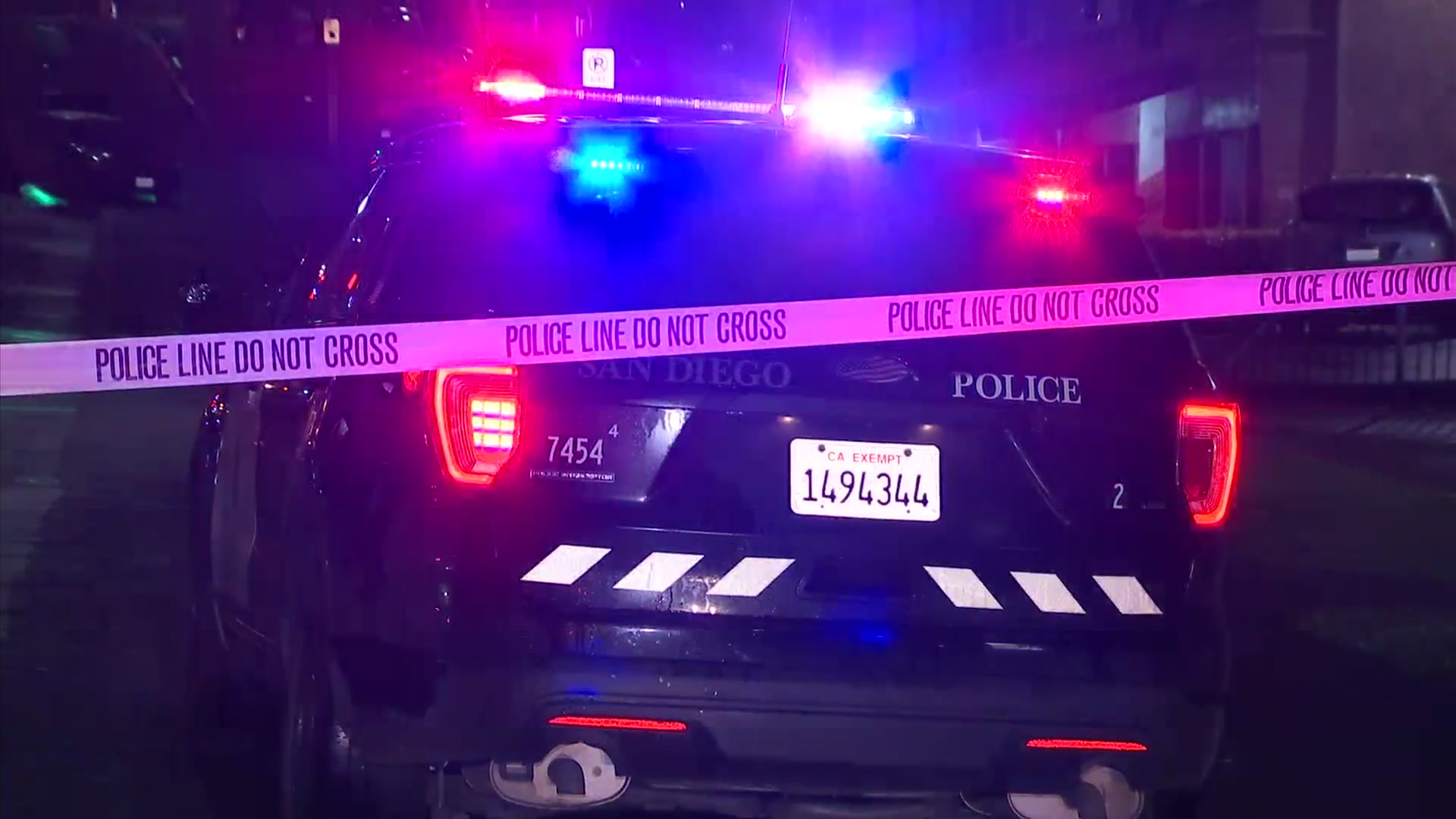After decades of neglect, San Diego leaders are allocating $5 billion worth of upgrades for broken and unfinished infrastructure. NBC 7’s Gene Cubbison reports.
After decades of neglect, San Diego's broken and unfinished infrastructure is being targeted for $5 billion worth of upgrades.
The spending plan, unveiled in Skyline Hills Monday by city leaders, ultimately will have to be approved by the voters.
For campaign purposes, the ballot measure has been branded "Rebuild San Diego."
"It will help us do more project like the one right behind us, the first new branch library in seven years,” said Mayor Faulconer, gesturing toward construction behind him at noon news conference.
“And this new Skyline Hills branch library will be a place for students to learn, for residents to access technology and broadband internet," he said.
From libraries to police and fire stations, parks, streets, sidewalks and water utilities, the ballot initiative is aimed at catching up with more than $4 billion worth of deferred maintenance and building projects.
No new taxes or municipal bonds will be needed.
Money for the 30-year series of projects will come from existing city revenue stream – sales taxes, general fund growth and pension payment savings.
Local
"But this is about much more than just a dollar figure,” said Councilman Mark Kersey, the council’s Infrastructure Committee chairman who spearheaded the legislative effort. “Rebuild San Diego provides a certainty of resources that are necessary to maintain a high capacity, 21st-century infrastructure program.”
The city hasn't been able to afford the basic investments since the start of the century because of the pension crisis and Great Recession.
As a result, scenes of water main breaks, sinkholes and dilapidated thoroughfares have become all too commonplace in older parts of the city.
Finally, money has just started flowing into street and sidewalk repairs.
But it's not nearly enough to tackle the broad scape of crumbling infrastructure and capital improvements.
Skyline Hills residents told us they'd be only too happy to cast a vote for "Rebuild San Diego" -- hoping it starts with their neighborhood.
On Tuesday, the city council is scheduled to cast the first of two votes -- directing the city attorney to prepare the necessary documents -- required to put the measure on the June primary election ballot.
The San Diego County Taxpayers Assn. is offering a cautionary series of recommendations that includes limiting the timeline to 15 or 20 years instead of 30.
Among the SDCTA’s policy recommendations were the following:
- The measure should be able to be suspended with a supermajority vote of the City Council, to enable flexibility in crises or emergencies
- Baseline programmatic expenditures should be allowed to increase along with the Consumer Price Index
- The proposal must include a narrow, concise definition of infrastructure
- The proposal must contain a maintenance of effort clause to prevent newly gained funds from being diverted to other budgetary items
- Council should consider limiting the duration of the ordinance to 15-20 years
- The performance of the ordinance should undergo regular evaluation by the city
The full policy brief can be read by clicking here.
NBC 7's Gene Cubbison will have a live report on the news at 4, 5 and 6 Monday.



